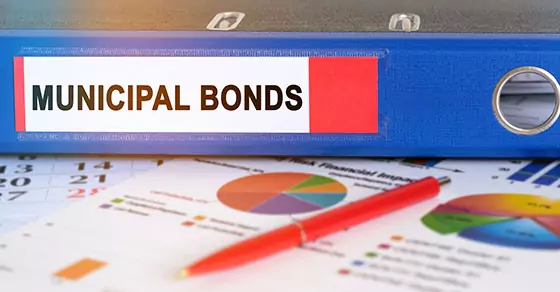Tax and other financial consequences of tax-free bonds

If you’re interested in investing in tax-free municipal bonds, you may wonder if they’re really free of taxes. While the investment generally provides tax-free interest on the federal (and possibly state) level, there may be tax consequences. Here’s how the rules work.
Purchasing a bond
If you buy a tax-exempt bond for its face amount, either on the initial offering or in the market, there are no immediate tax consequences. If you buy such a bond between interest payment dates, you’ll have to pay the seller any interest accrued since the last interest payment date. This amount is treated as a capital investment and is deducted from the next interest payment as a return of capital.
Interest excluded from income
In general, interest received on a tax-free municipal bond isn’t included in gross income although it may be includible for alternative minimum tax (AMT) purposes. While tax-free interest is attractive, keep in mind that a municipal bond may pay a lower interest rate than an otherwise equivalent taxable investment. The after-tax yield is what counts.
In the case of a tax-free bond, the after-tax yield is generally equal to the pre-tax yield. With a taxable bond, the after-tax yield is based on the amount of interest you have after taking into account the increase in your tax liability on account of annual interest payments. This depends on your effective tax bracket. In general, tax-free bonds are likely to be appealing to taxpayers in higher brackets since they receive a greater benefit from excluding interest from income. For lower-bracket taxpayers, the tax benefit from excluding interest from income may not be enough to make up for a lower interest rate.
Even though municipal bond interest isn’t taxable, it’s shown on a tax return. This is because tax-exempt interest is taken into account when determining the amount of Social Security benefits that are taxable as well as other tax breaks.
Another tax advantage
Tax-exempt bond interest is also exempt from the 3.8% net investment income tax (NIIT). The NIIT is imposed on the investment income of individuals whose adjusted gross income exceeds $250,000 for joint filers, $125,000 for married filing separate filers, and $200,000 for other taxpayers.
Tax-deferred retirement accounts
It generally doesn’t make sense to hold municipal bonds in your traditional IRA or 401(k) account. The income in these accounts isn’t taxed currently. But once you start taking distributions, the entire amount withdrawn is likely to be taxed. Thus, if you want to invest retirement funds in fixed income obligations, it’s generally advisable to invest in higher-yielding taxable securities.
We can help
These are only some of the tax consequences of investing in municipal bonds. As mentioned, there may be AMT implications. And if you receive Social Security benefits, investing in municipal bonds could increase the amount of tax you must pay with respect to the benefits. Contact us if you need assistance applying the tax rules to your situation or if you have any questions.
© 2022





